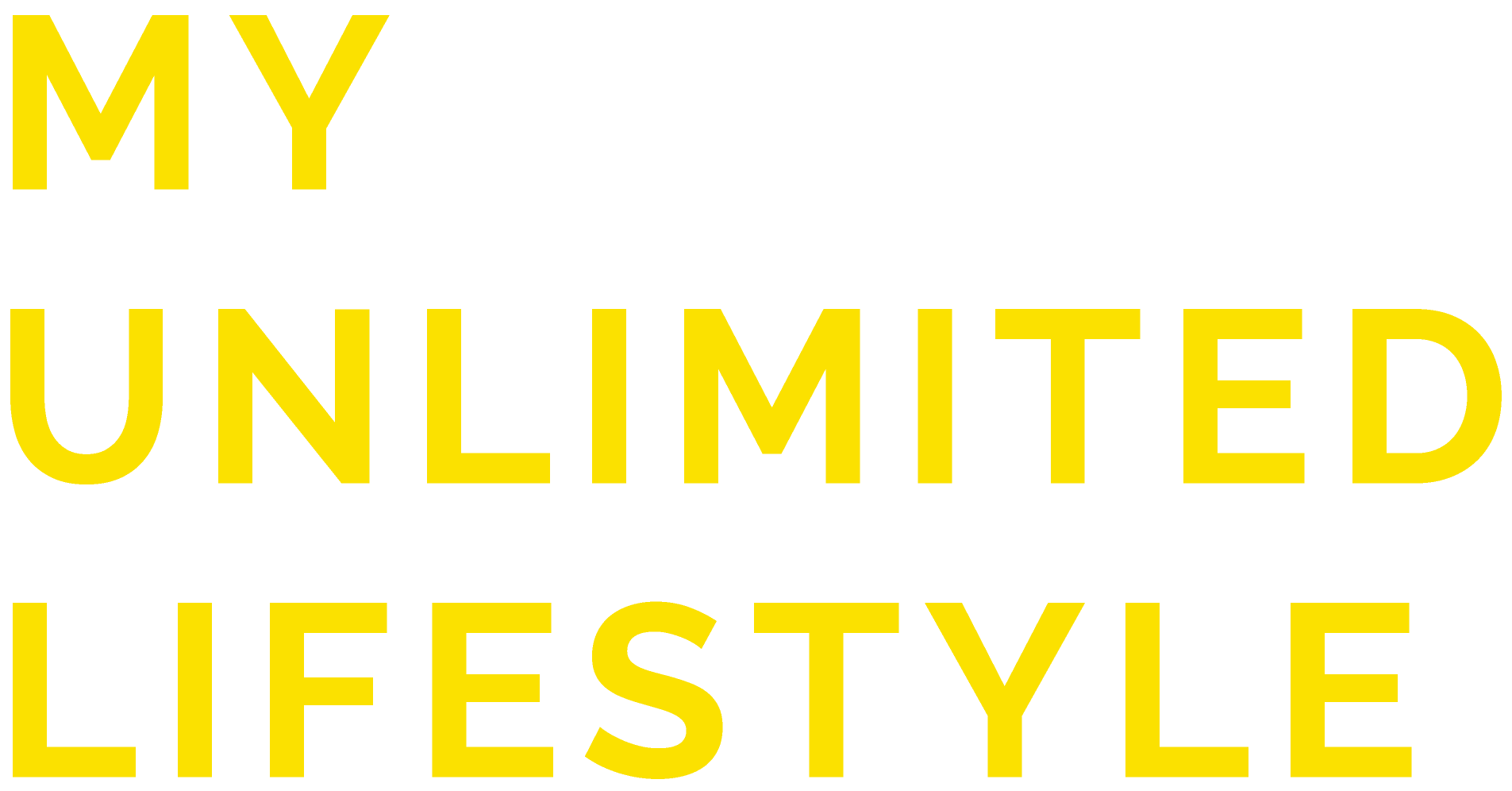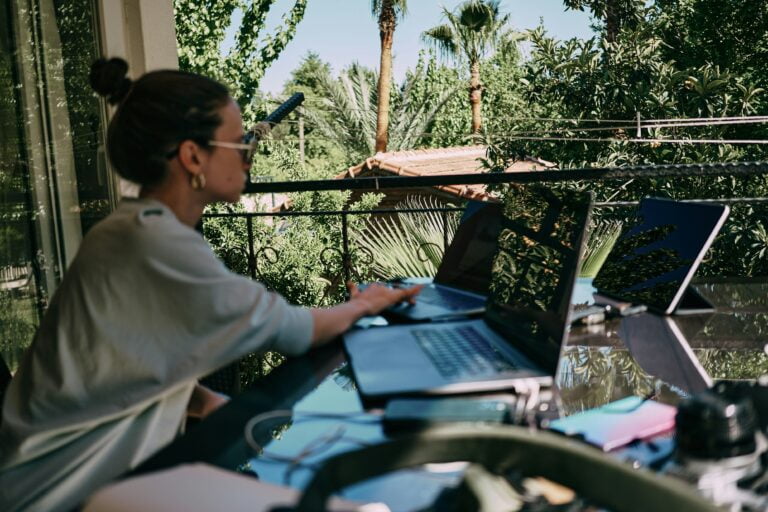The Cambridge Dictionary defines multitasking skills as the ability to do more than one thing at a time. Most people know about this word because there is a very common misconception that women are better at multitasking; but the reality is that science still can not say with confidence if this is true. Another definition for the word “multitasking” is the ability of computers to run several programs at once (but we will leave that aside, and we will focus only on multitasking in connection with human behavior). The debate on multitasking focuses on two things in particular. The first unanswered question is: is multitasking beneficial for productivity or is it a hindrance to achieving quality work? The second, as we mentioned before is: Are men or women better at multitasking? In the following paragraphs, we will let you know what science says about these two questions.
Can multitasking skills be harmful?
Vanessa Loder, a Forbes contributor, is looking for an answer to this question. Her research has led her to believe that multitasking is indeed harmful for productivity. She supports her claim, for example, on research by the University of London’s Psychiatric Institute on 1,100 employees of a British company. This study concluded that multitasking with electronic devices could cause a more significant drop in IQ than smoking marijuana or lack of sleep. She also mentions the consulting company The Energy Project, which states that 69% of employees have problems concentrating on more than one thing and are often distracted during the day, primarily due to email. According to the McKinsey Global Institute, the average employee spends 13 hours a week on email, which is 28% of the workweek. So, the author tries to point out that, in today’s world, the multitasking temptation is more significant than ever before, which is a problem because it means that we can’t concentrate. To sum it all up, we are trying to do too many things at once.
Issie Lapowsky from Time has a similar opinion. We can be less productive due to chronic multitasking because our brain is at risk of overload. For example, the article cites a study by Clifford Nass of Stanford. This included 262 students who had to develop an experiment, the completion of which required jumping between tasks, filtering irrelevant information, and using working memory. Researchers expected multitaskers to be better than the rest of the students in at least some of these activities. However, they turned out to be worse in all three parts. Another finding was that if multitaskers focus only on one exercise, their brains are used less efficiently. Lapowsky also mentions a study by neuroscientists from the French medical research agency Inserm. She states that when people focus on two tasks simultaneously, each side of the brain deals with a different job. This suggests that the human mind can handle two tasks in the best of cases, and a more significant workload increases the likelihood of errors. According to Nasse, if you have two tasks, it is ultimately better to finish one first and then handle the other instead of jumping from task to task every couple of minutes. Based on this and other information, Lapowsky makes a relatively harsh judgment in her article that multitasking is, in fact, a weakness, not a strength.
Multitasking skills are also covered by Tim Harford from the Financial Times, who is aware of its risks; but he also mentions, for example, an experiment by psychologist Shelley Carson and her student Justin Moore. This study revealed that, although frequent switching between tasks harmed the participants, (i.e. it confu fostered their creativity and originality. Harford also advises what principles should be followed to be in control of multitasking and not the other way around:
Multitasking prudence – Only multitask when it is appropriate. In other words, if a task requires your full attention (due to importance, complexity or something else), focus only on the task at hand.
Action recording – Transform your ideas into actions and write down all of these actions.
Smartphone restraint – Our phones are great servants but terrible masters, so it is better to turn off any unnecessary notifications (for example, incoming tweets or emails)
Short-term focus – Divide your work into small tasks by using tools such as the Pomodoro technique. This methodology is based on dividing work into shorter sections, interspersed with short breaks.
Successful procrastination – If you find yourself working on several exciting projects, switch between them periodically. The change might fire-up your creativity and it can even feel like a break.
Interdisciplinary inspiration – People who involve themselves in multiple disciplines generally have the most creative ideas. Work in different environments or on multiple projects. That is to say, good ideas often come when our minds create unexpected connections between other areas
Do women manage to multitask better than men?
A team of scientists from Glasgow, Leeds and Hertfordshire addressed this issue, and their results will make many people smirk. The research project included two experiments: the first compared 120 women and 120 men in completing tasks using a computer. The second experiment compared 47 women and 47 men in paper-based multitasking skills tests.
In the first experiment, participants had to respond to two different types of stimuli appearing on a computer monitor. Each stimulus was either a diamond or a circle that could be red or blue. If the stimulus appeared at the top of the screen, the subjects had to press the left button if it was a diamond or the right button if it was a circle. If the shape appeared at the bottom of the screen, then the color of the shape dictated the answer (left for red, right for blue). The experiment showed that both the female and male groups worked more slowly when the two assignments were mixed than when they were performed separately. However, this slowdown was significantly more pronounced for male participants.
In experiment number 2, participants had 8 minutes to complete three tasks. The tasks were: solving some simple arithmetic problems, finding a number of restaurants on a new map, and finding a key in a room. Also, they could receive a telephone call at any time. In this experiment, there was no significant difference between women and men in arithmetic, maps, and telephone calls. Still, women were significantly better at designing strategies for recovering lost keys.
The researchers concluded that in these multitasking schemes, women outperform men. However, they point to a lack of empirical studies addressing societal gender differences related to multitasking, meaning that generalizations can not be made by science. At the same time, they hope that other researchers will replicate and develop their study in the future.
Conclusion on multitasking skills
So, what do you think about multitasking? Do you think that it is a useful tool or a problem? Are women really better at it, or is it just a matter of how society treats genders differently? As we discussed, there is plenty of work to be done in order to definitively answer those questions, but that does not mean that you can’t reflect on the topic. In the end, whether you are a man or a woman, if you love to multitask or hate it, the most important thing is that you analyze your own work style and design techniques to either get better at handling several tasks at once or to avoid distractions in order to achieve better concentration.






